Posts with tag ”google”
Found 11 hits, currently showing 1-10.

The death of Google Reader
A short time after the shutdown of WaSP, it was announced today that Google Reader will be closed on July 1st. While there are replacements available for the RSS reader itself, I can’t help but thinking of the larger picture.
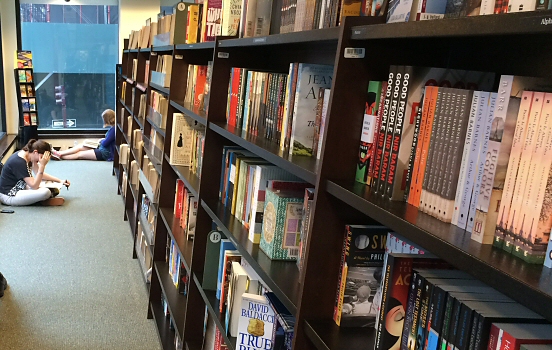
Content overdrive
Historically there has been always been a steady increase on connectivity. This has led to all sorts of innovation and progress.

The Google age
What do you do if you want to know the birth date of Abraham Lincoln? You most likely “google” it. A few seconds later you know the answer and a lot more about the president. But a mere fifteen years ago, we probably looked it up at a library or in a dusty encyclopedia book.
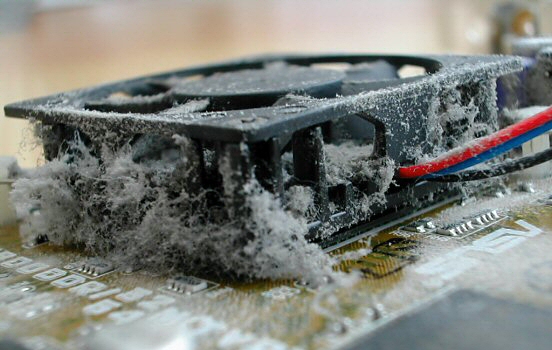
Storage and data overload
Each day, an estimated 100 billion clicks are made on the web due to 55 trillion links in HTML pages. That amount of links almost match the synaptic wiring of the human brain, but unlike the brain, the web double its capacity every two years.

Google adds more caffeine
Google has just updated their indexing machine, calling the new system Caffeine. To honor its name, the index is refreshed much faster than before.
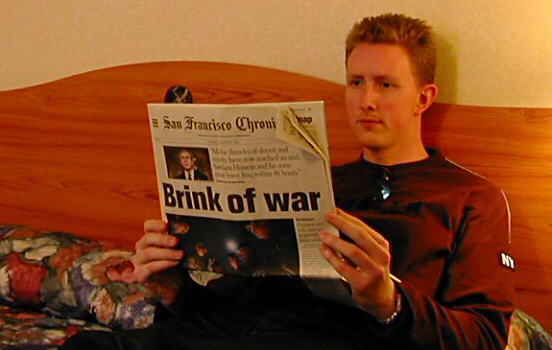
Keeping your Google juice
Some time ago a bunch of newspapers demanded to get a higher search rank from Google. The reason was that they wanted to be given a free-ride in page rank, instead of spending time at improving their SEO (search engine optimization) skills. Nice try, insert coin.
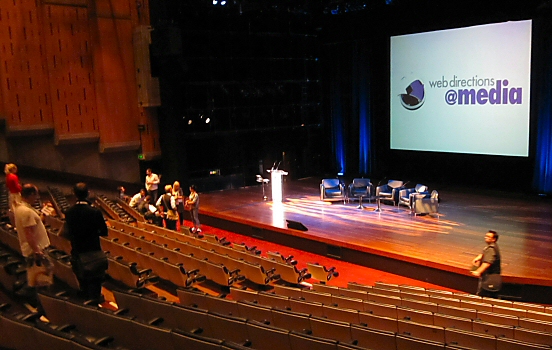
Examining Google Knol
Google is expanding their toolkit every day and this morning saw the release of Google Knol, a service quite reminiscent of Wikipedia where the term Knol refers to a unit of knowledge.

Blogosphere five years after 9/11
Five years ago, the world changed forever after the World Trade Center attacks, and the web changed with it. The drama that unfolded would prove to be quite a performance test for news servers on the web.
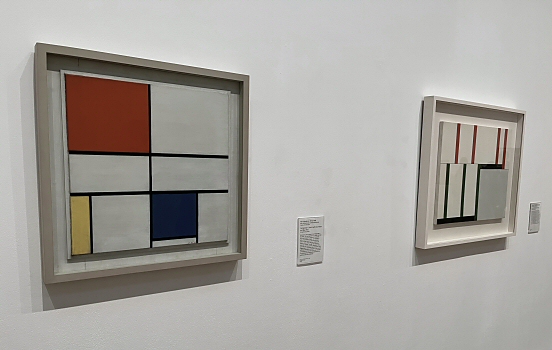
The beauty of simplicity in interfaces
Over the years, we’ve seen the birth and death of several design patterns for graphical user interfaces.

Google Analytics and cookies
A few days after the launch of Google Analytics, the web is buzzing all over about it. Due to an unexpected amount of users the service was temporarily crippled, but now it seems to be up and running.